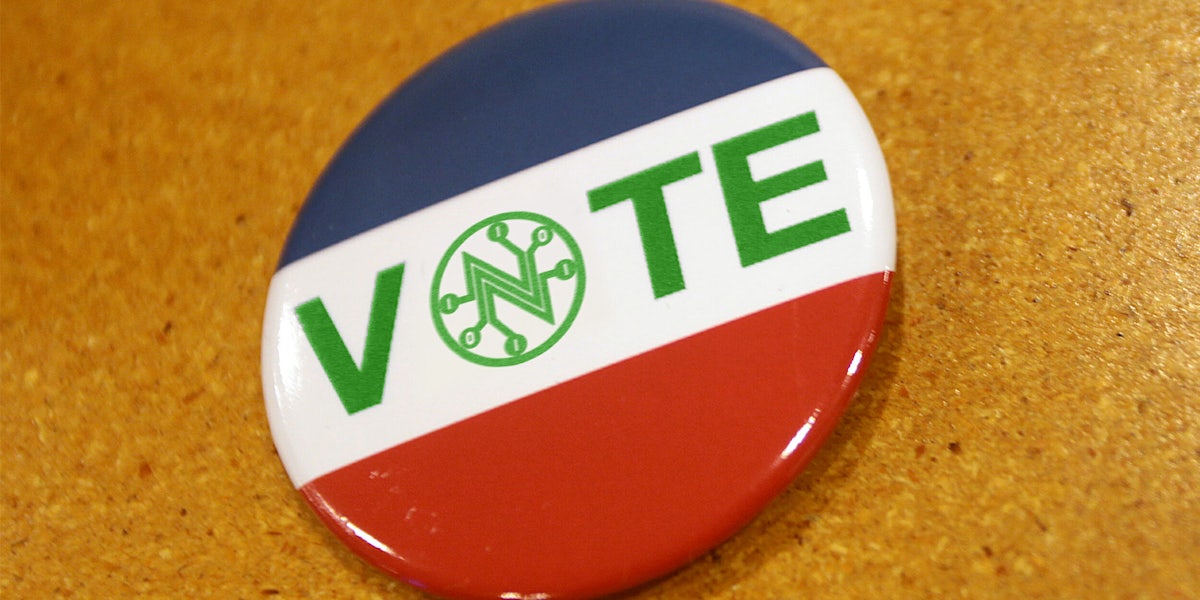The Senate narrowly passed a bill on Wednesday that is the first step in an attempt by lawmakers to overturn the Federal Communications Commission‘s (FCC) decision to repeal net neutrality rules.
Lawmakers voted on net neutrality through the Congressional Review Act (CRA), which gives Congress a small window to challenge decisions by federal agencies and requires only a simple majority to pass.
Senators cast votes mostly down party lines. All 49 senators who caucus with Democrats and Sen. Susan Collins (R-Maine), who expressed support earlier this year, voted in favor of the CRA.
However, two Republicans who had not signaled their support previously, Sen. Lisa Murkowski (R-Alaska) and Sen. John Kennedy (R-La.), broke with the rest of their party and voted for the measure. Their votes pushed the CRA safely over the top.
Democrats and internet activists had courted at least one more Republican senator to vote in favor of the CRA in recent weeks.
The 52-47 vote negated the possibility of Vice President Mike Pence from casting a tie-breaking vote against it.
The passing of the CRA was hailed as a success by internet rights advocates. Several groups launched a massive effort to push internet users into contacting their lawmakers to support the CRA.
“Today was one of the most significant votes the Senate has taken on internet freedom in years. The win was historic,” Mark Stanley, the director of communication at Demand Progress, told the Daily Dot on Wednesday. “Winning with the entire Democratic Caucus as well as three Republican Senators shows that we can prevail in the House, which is where attention and activism energy will now shift.”
Sarah Morris, director of open internet policy at New America’s Open Technology Institute, said the American people were heard today.
“In the months since the FCC voted to repeal the net neutrality rules, the American people have raised their voices to tell their representatives in Congress to save those online protections, and have sent over 16 million emails and over 1 million calls to Congress. As this measure heads to the House, it would be prudent for members to take note of this sustained outcry and vote to preserve net neutrality.”
Evan Greer, deputy director of Fight for the Future, agreed.
“When the FCC repealed net neutrality they unleashed the fury of the Internet, and it led to a backlash unlike anything ever seen before. People from across the political spectrum, from the far left to the far right, can all agree: they don’t want their cable company to control where they get their news and information, how they listen to music, or where they can stream videos.”
The ‘most important week’ for net neutrality
Wednesday’s vote capped off what Sen. Edward Markey (D-Mass.)–who spearheaded the Senate CRA—had called “the most important week for the internet that the Senate has ever seen.”
Ahead of the vote, a large number of major websites joined in a “Red Alert” protest where they directed internet users to pages where they could ask their local lawmakers to support the CRA.
Businesses also asked members of Congress to support it. Net neutrality activists delivered a letter from nearly 6,000 small businesses to lawmakers across the country earlier this month.
On Tuesday, a group of major web companies including Etsy, Foursquare, Imgur, Medium, Pinterest, Reddit, Yelp, Tumblr, Warby Parker, and Vimeo called on Congress to pass the CRA.
The House will now work to get a simple majority of votes to pass their own CRA.
Currently, 161 representatives have signaled their support for the effort, 57 votes shy of the 218 needed to secure a simple majority.
Rep. Mike Doyle (D-Penn.), a co-sponsor of the CRA in the House, told the Daily Dot late last month that “grass roots activism” would give them a “real shot at getting this thing out of the House.”
If successful in the House, the CRA would still need to be signed by President Donald Trump to take effect.
READ MORE:
